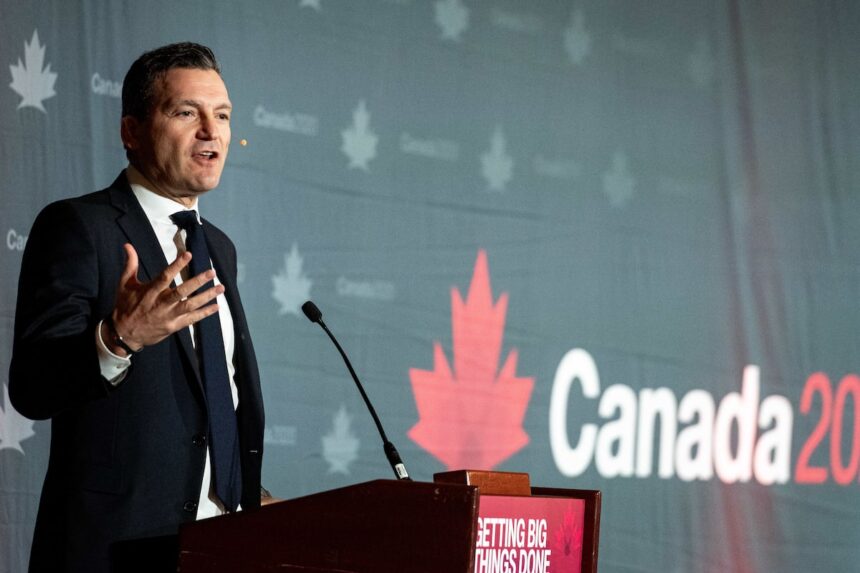In a decisive move signaling Canada’s commitment to technological leadership, Minister of Innovation, Science and Industry François-Philippe Champagne outlined an ambitious national artificial intelligence strategy yesterday that positions Canada at the forefront of global AI governance. The comprehensive framework addresses growing concerns about AI’s rapid development while establishing guardrails that balance innovation with ethical considerations.
“Canada stands at a critical inflection point,” Champagne stated during his address at the Toronto Tech Summit. “While we embrace the transformative potential of artificial intelligence, we must simultaneously ensure these powerful tools develop in alignment with our democratic values and serve the public good.”
The policy framework introduces a three-tiered regulatory approach that classifies AI systems based on risk levels, with stringent oversight mechanisms for high-risk applications in healthcare, public safety, and financial services. This measured approach aims to prevent regulatory overreach while protecting Canadians from potential harms.
Industry leaders have cautiously welcomed the announcement. Sarah Chen, CEO of Toronto-based AI firm Quantum Maple, described the strategy as “a balanced approach that recognizes innovation requires both freedom and responsibility.” However, she emphasized that implementation details would determine its ultimate effectiveness.
The government has committed $450 million over five years to fund AI research initiatives, regulatory infrastructure, and skills development programs. This investment aims to address the talent shortage in Canada’s tech sector, with particular focus on creating specialized AI governance expertise.
The policy also introduces mandatory transparency requirements for developers of generative AI systems, requiring clear disclosure when content is AI-generated and documentation of training data sources. These measures respond to growing concerns about misinformation and copyright infringement.
Notably, the framework establishes a new national AI safety institute that will collaborate with international partners to address risks from frontier AI models. “We cannot address these challenges in isolation,” Champagne noted. “Canada is actively building alliances with like-minded nations to develop harmonized approaches to AI governance.”
Critics, however, question whether the measures go far enough. Dr. Amara Singh, director of the Digital Rights Institute, argues that “the framework needs stronger enforcement mechanisms and clearer liability provisions for AI-related harms.”
The announcement comes as Canada seeks to maintain its early leadership position in AI research while competing with massive investments from the United States, China, and the European Union. The EU’s AI Act, finalized earlier this year, has established the first comprehensive regulatory framework for artificial intelligence globally.
Canadian businesses across sectors are assessing how these new rules will affect their AI adoption strategies. According to recent economic analysis, AI technologies could add approximately $340 billion to Canada’s GDP by 2035 if properly implemented.
The framework also addresses concerns about AI’s impact on employment, with initiatives to support worker retraining and transition programs. “Technological progress must benefit all Canadians,” Champagne emphasized, acknowledging legitimate anxieties about workplace disruption.
As these policies take shape, the fundamental question remains: can Canada strike the right balance between fostering innovation and establishing meaningful guardrails for a technology that continues to evolve at breathtaking speed?










